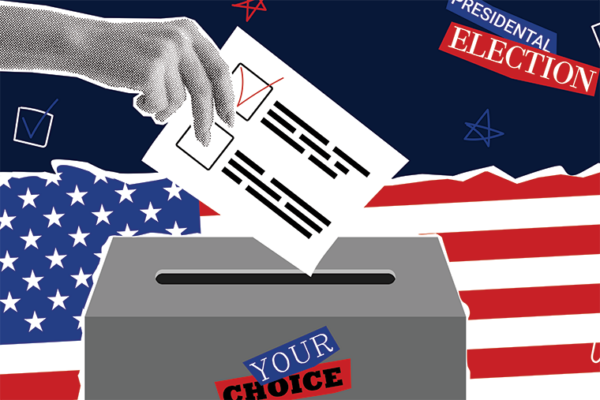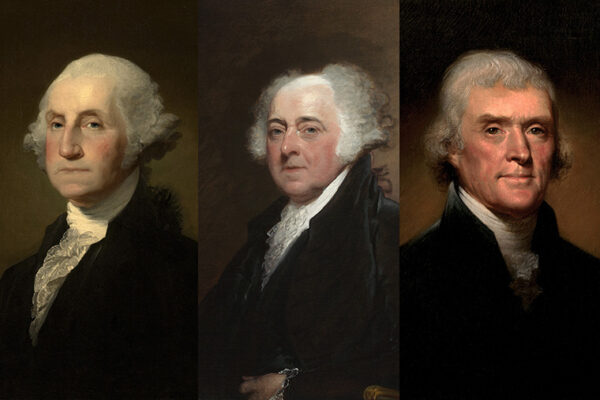A federal judge issued a preliminary injunction April 24 blocking two major provisions of a controversial executive order issued by the Trump administration that aimed to alter federal voter registration procedures.
“This ruling is a major victory for the rule of law and the constitutional separation of powers,” said Travis Crum, a professor of law and an expert on voting rights. “The president cannot rewrite election law by executive order.”

Crum wrote about the ruling for the Election Law Blog.
The Trump administration was attempting to quickly enact changes to how elections are run, including adding a proof-of-citizenship requirement to the federal voter registration form.
The ruling, by U.S. District Judge Colleen Kollar-Kotelly, found that the president likely exceeded his constitutional authority.
The court made its decision in LULAC v. Executive Office of the President, a case consolidating three lawsuits — two from civil rights groups and one from the Democratic Party — challenging five sections of the executive order. The court granted injunctions against two provisions while allowing the remaining three to stand for now.
“Judge Kollar-Kotelly also addressed the potential application of the Purcell principle, which discourages courts from changing election laws close to an election,” Crum said. “She concluded the doctrine did not apply, as the injunction maintains the legal status quo rather than disrupts it.”
Two additional lawsuits challenging the executive order, brought by a coalition of Democrat-controlled states and by the states of Washington and Oregon, are pending in federal courts in Massachusetts and in Washington state.
Read Crum’s full analysis of the decision on the Election Law Blog.


